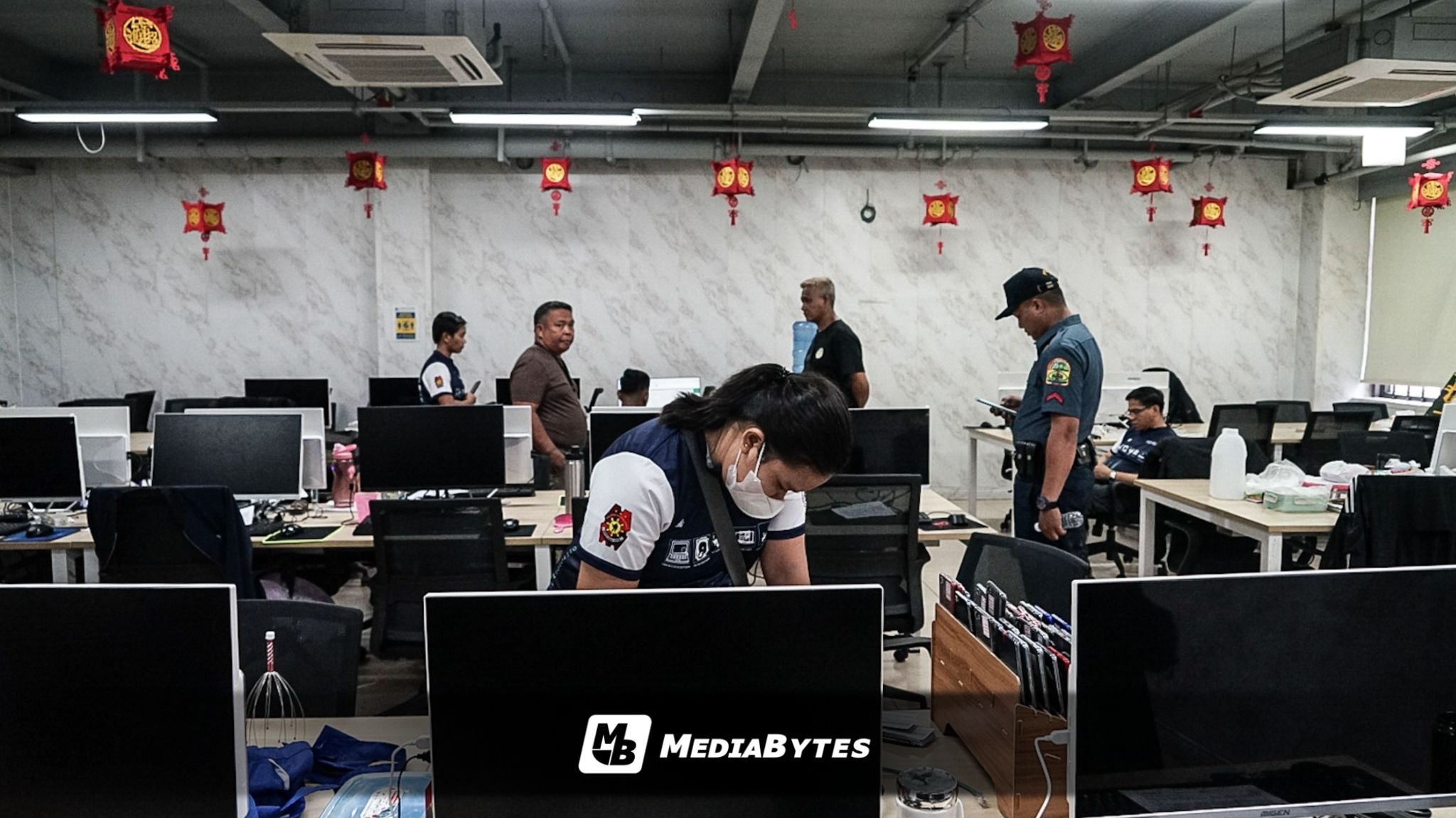President Ferdinand “Bongbong” Marcos Jr. has officially signed into law the measure banning Philippine Offshore Gaming Operators (POGOs) and declaring their operations and related activities illegal throughout the country.
Malacañang confirmed that the President signed Republic Act No. 12312, or the “Anti-POGO Act of 2025,” on October 23, according to a copy of the law released on Wednesday.
“The State recognizes that the maintenance of peace and order, the protection of life, liberty, and property, and the promotion of the general welfare are paramount for the meaningful enjoyment of democracy. The State likewise values the dignity of every human person and guarantees full respect for human rights,” the law states.
“To this end, offshore gaming operations in the Philippines are hereby banned and declared unlawful,” it adds.
Under the law, establishing, operating, or conducting any form of offshore gaming in the Philippines—including accepting bets or wagers for such operations—is strictly prohibited. All licenses previously issued to POGO operators have been permanently revoked.
The law also nullifies all Alien Employment Permits, certificates of exemption and exclusion issued by the Department of Labor and Employment (DOLE), as well as visas or work permits granted by the Bureau of Immigration (BI) or other visa-issuing agencies to POGO workers.
“Upon the effectivity of this Act, the DOLE, the BI, and other visa-issuing agencies shall not be allowed to issue any visa or work permit to any person for purposes related to offshore gaming operations,” the law further provides.
It also directs the BI to ensure the deportation of all foreign nationals whose visas are canceled, in coordination with the appropriate embassies or consulates.
Despite the ban, all POGOs—including their content providers, accredited service providers, and local gaming agents—remain liable for unpaid taxes, duties, regulatory fees, and other obligations until their final day of operation. The Bureau of Internal Revenue (BIR) is tasked to audit these entities to determine any outstanding tax liabilities.
To ensure the proper transition of displaced Filipino workers, the law mandates the DOLE to lead the formulation and implementation of transition programs in partnership with the Technical Education and Skills Development Authority (TESDA), Department of Information and Communications Technology (DICT), Department of Trade and Industry (DTI), and the Commission on Higher Education (CHED) for retraining, retooling, and upskilling affected employees.
The Anti-POGO Act also establishes an Administrative Oversight Committee (AOC)—chaired by the Presidential Anti-Organized Crime Commission (PAOCC)—to ensure the effective implementation of the law. Other members include the DICT, Department of Justice (DOJ), and Department of the Interior and Local Government (DILG).
The committee must submit a compliance monitoring report to the Office of the President, the Senate, and the House of Representatives within one year after the law’s effectivity.
Violators will face imprisonment of up to 8 years and a ₱15 million fine for the first offense, up to 10 years and a ₱30 million fine for the second offense, and up to 12 years and a ₱50 million fine for the third offense.
Public officials found guilty will face the maximum penalties, while foreign nationals will be deported after serving their sentence and permanently barred from re-entering the country.
RA 12312 will take effect 15 days after its publication in the Official Gazette or a newspaper of general circulation.
The measure follows President Marcos’ earlier directive in 2024 ordering the shutdown of all POGO operations, citing their alleged involvement in organized crime, including human trafficking, money laundering, online fraud, kidnapping, and murder.
That same year, law enforcement agencies raided POGO hubs in Pampanga and Tarlac, uncovering large-scale illegal activities linked to the controversial industry.



